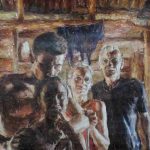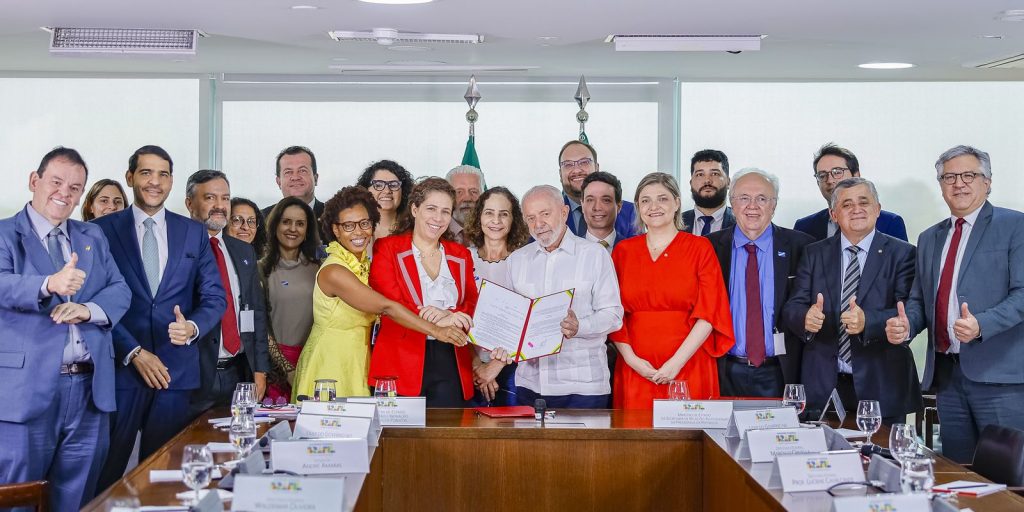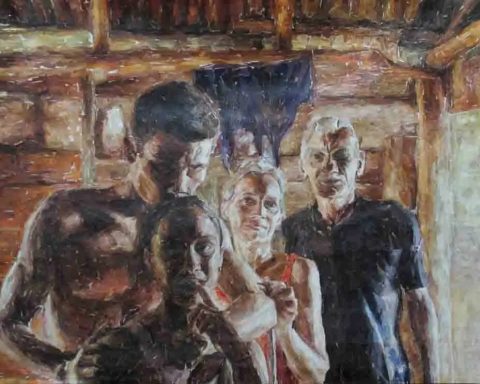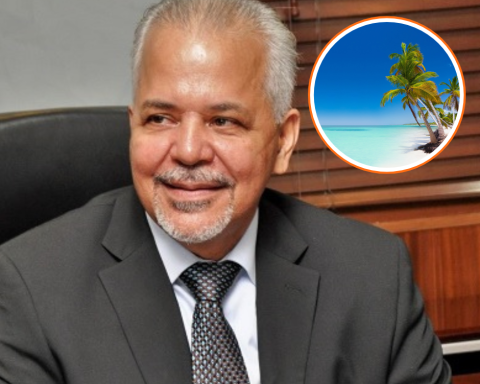Years go by and nothing changes. Injustice reigns in Bolivia. In 2013, in Chapare, some students were accused of stealing a vehicle. They were arrested and then the mob took them out of their cells, tried them without the right to a defense and killed them by setting them on fire. From that story was born the chronicle Tribes of the Inquisition by journalist Roberto Navia. There were no visible perpetrators. In 2015, a woman was burned and two men were accused of the crime. The accusation was labeled attempted femicide. They went to a single hearing and were sent to the Palmasola prison. They remain there to this day. The file on their case was lost. The victim of the crime did not accuse them before the authorities, but the process was forgotten and the accused were left melted in that prison that devours people.
In 2024, a man was murdered by what they call “justice by one’s own hand.” It happened in the municipality of Puna, Potosí. He was taken from the police. They accused him of killing his wife and son, beat him, and burned him alive. It was not known whether he was guilty or innocent. They executed him.
This is how we live in Bolivia. A country without justice. A country where the law is applied sometimes, but only sometimes. There are more than 9,000 prisoners in Palmasola. How many of them are there without a sentence? How many have already lost hope of getting out and opted to give themselves over to the web of drugs? While this happens in the neighbourhood of the Santa Cruz prison, in other almost unknown regions people accuse, judge, condemn and kill in the heat of the mob’s emotion.


















